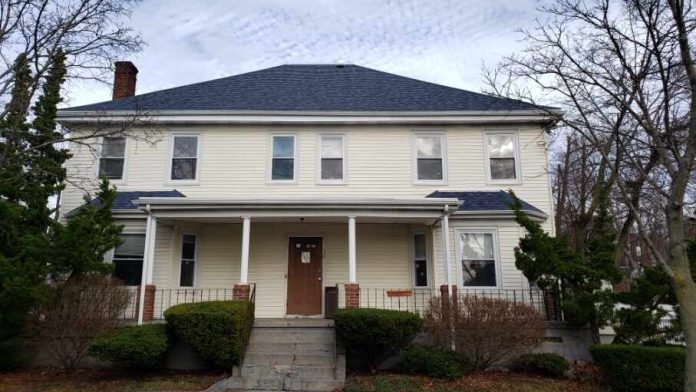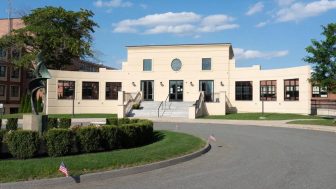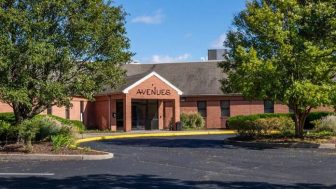South Shore Recovery Home
10 Dysart Street
Quincy, MA 02169
Quincy, Massachusetts
617-773-7023
Get Help Now - 617-675-3905
 Who Answers?
Who Answers?

Addiction Treatment Programs
Adult Program
Alcoholism
Cognitive Behavioral Therapy (CBT)
Men's Rehab
Opioid Treatment
Teen & Adolescent Program
Adult Program
Each adult program in Massachusetts is designed to help individuals over the age of 18 recover from addiction to drugs or alcohol. The length of the program and its intensity varies, based on the needs of the individual.Alcoholism
Most alcohol rehab in Massachusetts consists of individual counseling and group therapy sessions, which address mental and emotional concerns that are contributing to alcohol use. Treatment helps participants make changes to maintain sobriety and prevent relapse.Cognitive Behavioral Therapy (CBT)
Cognitive behavioral therapy in Massachusetts is a hands-on method that engages participants in changing their thought and behavior patterns. Rather than a talk-listen approach, individuals are actively involved in working with their therapist to treat their addiction.Men's Rehab
For men who want to stop drinking or using drugs, men’s rehab in Massachusetts offers help and hope. These treatment programs, designed specifically for men, help participants recover and rebuild their lives.Opioid Treatment
When you enter opioid rehab in Massachusetts, you’ll receive treatment in a supportive environment that encourages recovery. After successful withdrawal management, you’ll participate in a variety of evidence-based therapies that prepare you for long-term sobriety.Teen & Adolescent Program
Teen and young adult substance abuse can set individuals on a life-long path of destruction. A young adult program in Massachusetts can intervene in young adults’ lives to set them on a better path during this crucial stage of life.Levels of Care
1
Inpatient Rehab
As the most intensive treatment setting, inpatient drug rehab in Massachusetts treatment involves 24/7 supervi...sed care. At this level of care, you typically participate in individual, group, and family therapy sessions, and you may receive medication and additional recreational therapies.Read More
2
Aftercare & Alumni Program
Aftercare rehab in Massachusetts gives you continued access to support after rehab. You may need assistance wi...th job coaching, budgeting, education, or accountability as you re-enter your life. Aftercare programs provide these supports, so you can face challenges and maintain a sober lifestyle long-term.Read More
3
Dual Diagnosis & Mental Health
If you meet the diagnostic criteria for two or more conditions, you have a dual diagnosis. Massachusetts dual ...diagnosis treatment is designed to address both conditions simultaneously, for improved recovery outcomes.Read More
4
Sober Living
In Massachusetts sober living, you will take on more responsibility than rehab treatment requires. You’ll pa...y rent and work or attend school. You’ll also contribute to household chores. The goal is to learn how to live independently, free from drugs and alcohol.Read More
Accreditations

SAMHSA
Insurance
 Financial Aid
Financial Aid
If you're struggling to pay for treatment, financial aid may be a solution for you. This can provide access to... all levels of care. Financial assistance options include grants, scholarships, non-profit programs, personal funding, and health insurance programs to help you manage the expense of substance abuse treatment.Read More
Contact South Shore Recovery Home
10 Dysart Street
Quincy, MA 02169




